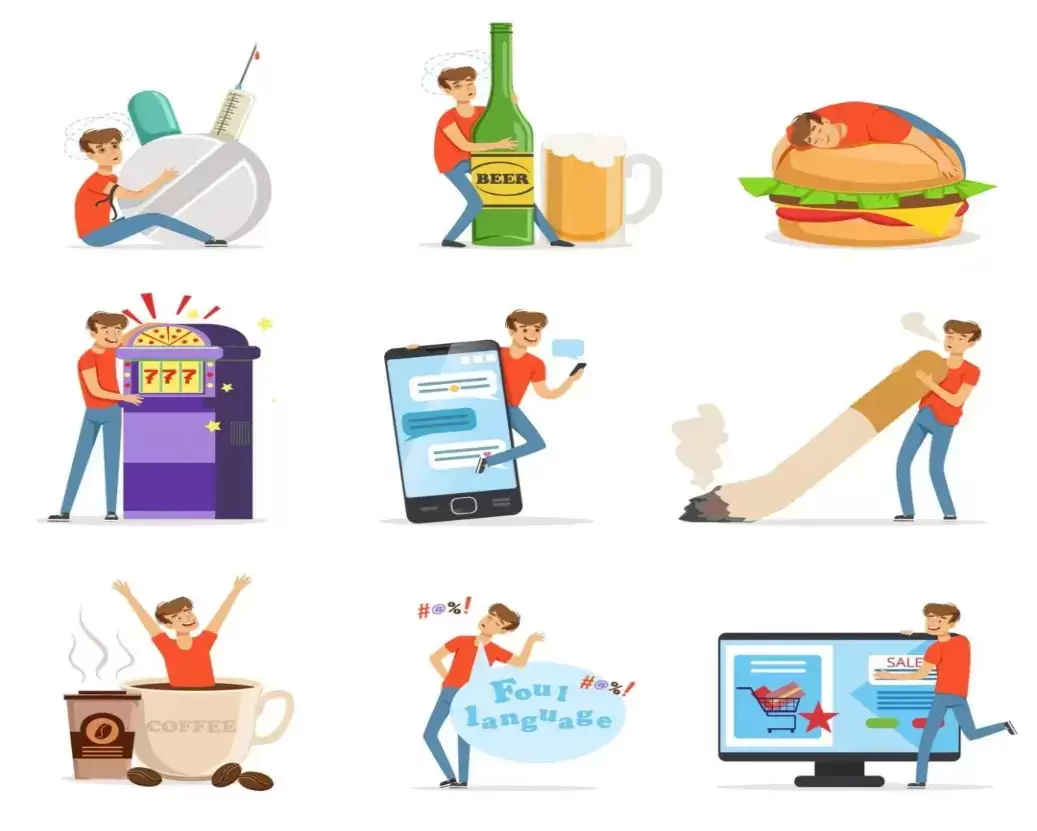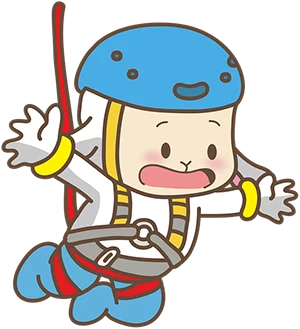
Addictions are a widespread global phenomenon. The thought that addiction is a brain disorder is unlikely, mainly due to its enormous scale. A brain disorder is a "malfunction" of natural mechanisms. There can be no fault in our body on such a scale! Therefore, the cause of addiction is probably not a "brain disorder."
This article introduces a model that presents a different perception of addictions from an energetic angle. This perspective is especially influenced by the subconscious and unresolved traumas from our past. Link: The addiction model with its unique energy-reward compensation.
Addiction - Introduction and Brainstorming.
- Any addiction not only manifests itself in certain chemicals but also, mainly, as a psycho-energetic phenomenon. Releasing traumatic, non-resolved issues from the past that caused the addiction is far more complex than detoxification from the addictive substances.
- The reward mechanism of addiction bypasses logic and persuasion. It causes damage to the addict and sometimes the environment without the addict being unable to stop, even though they are aware of the damage!
-
Addicts are not unreasonable people, nor are they self-destructive. In a state of addiction, the subconscious partially paralyzes logical thinking related to the addiction.
Self-healing presents a different approach to addiction and its reward mechanism, emphasizing strategies to increase the chances of a successful rehab from any addiction. Following self-healing principles, there is a close connection between addictions and the subconscious mind that often stores unresolved traumatic events.
All addictions must have a common denominator. (Uniform laws govern nature.)
The explanation of the Self-healing approach to all addictions.
- All addictions allow the body to improve the energy flow in the specific blocked energetic center/s. (At the expense of extensive damage to many organs and systems.)
What is the difference between an addiction and just a bad habit?
- The main difference is that addictions must have a reward mechanism, while bad habits have no real reward, so getting rid of bad habits is relatively straightforward. Still, it is tough to stop addictions.
The reward mechanism of addictions is chemical and primarily an energetic tool for conserving the critical life-force energy needed for survival.
- Any addiction not only manifests itself in certain chemicals but also, mainly, as a psycho-energetic phenomenon. Releasing traumatic, non-resolved issues from the past that caused the addiction is far more complicated than detoxification from the addictive substances.
The desirable rehab program.
- Rehab from any addiction should, therefore, eliminate the primary factor that created the need for addiction. (That is, to open the respective life-force energy blockages.)
How does the fear mechanism, in cases where the addict identifies a life-threatening situation, work to stop or weaken the addiction?
- Fear is not an emotion but an instinct inherent in every living being. Addicted smokers and alcoholics, in cases of tangible danger to life, often tend to stop drinking alcoholic beverages and smoking. The explanation is that fear is a powerful survival mechanism that bypasses (as long as fear exists) the effect of addiction.
- In drug addicts (hard drugs and hallucinogens), the fear mechanism is paralyzed, so even drug addicts who realize they are in mortal danger usually cannot stop taking drugs alone!
Continue reading: The Unifying Model of Addictions with its unique Energy-reward mechanism.

Addiction is a compulsive, repetitive action that, over time, causes harm to the addict or the environment (or both) that the addict is aware of, except that they do not control the addiction. Addicts are not unreasonable people, nor are they self-destructive. In a state of addiction, the subconscious partially paralyzes logical thinking. (Related to the addiction)

